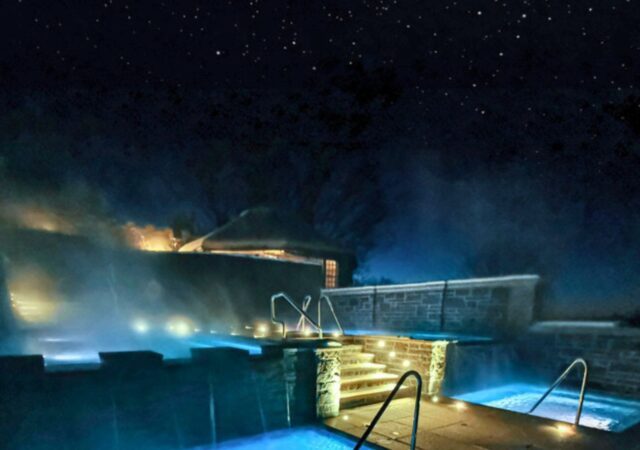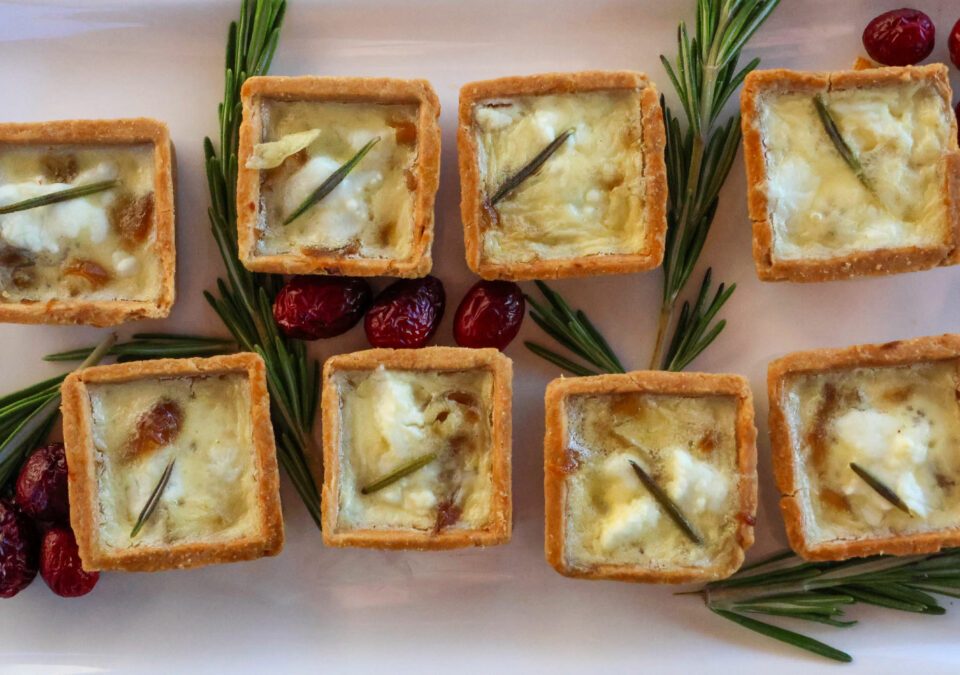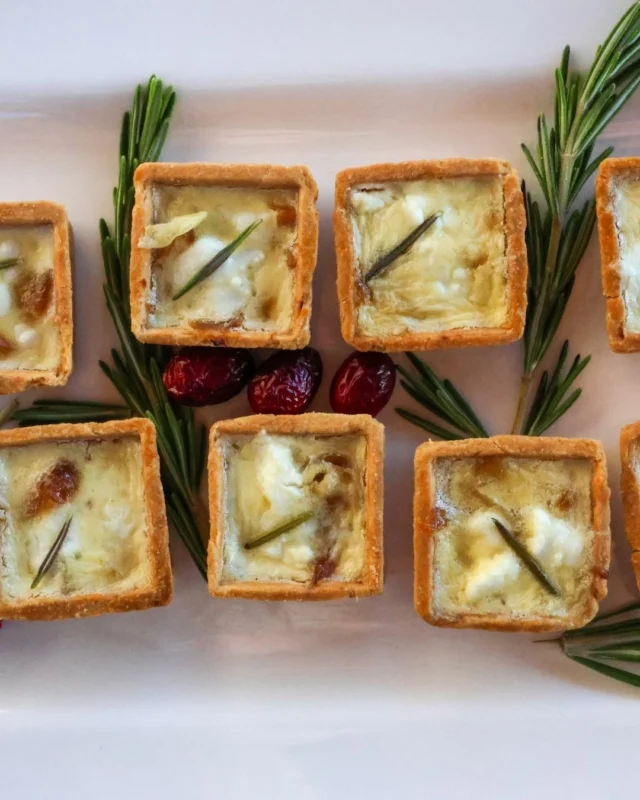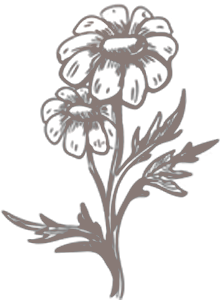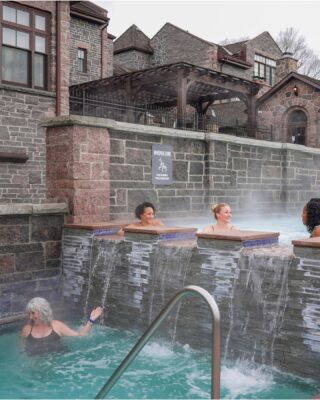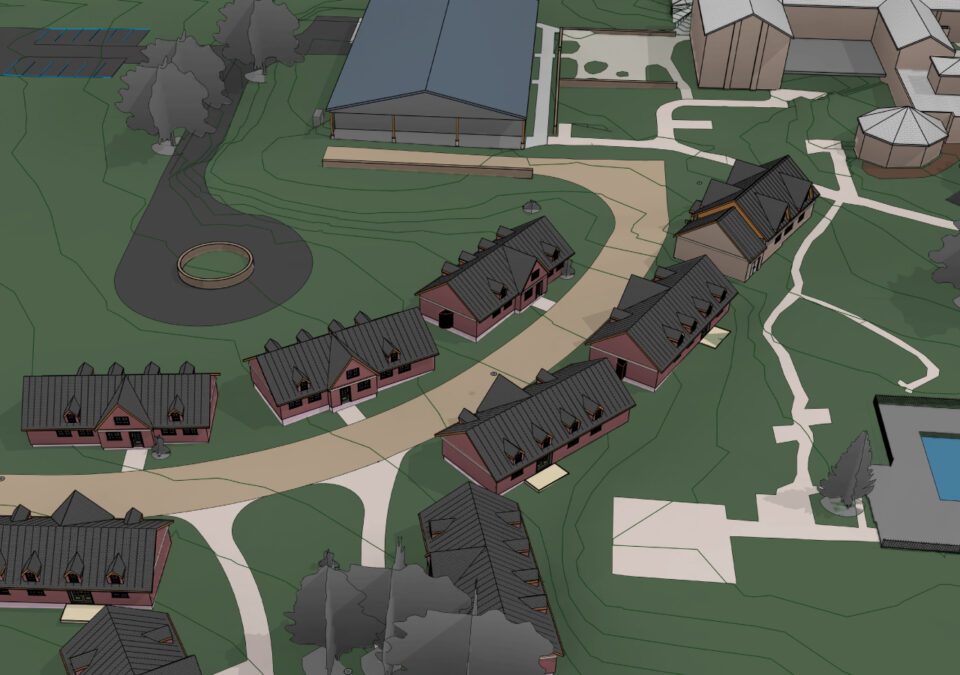Sweet Dreams

Close your eyes and picture the last time you indulged in a glorious midday nap. Pure bliss.
Napping is one of life’s simple pleasures, and even better, it’s free. And it’s good for you too so there is no need to feel lazy about getting in a short, early afternoon snooze. Research is on sleep’s side and shows that it’s actually a healthy habit that has many surprising benefits.
A light power nap can boost your cognitive performance in the short term and possibly improve heart health in the long term. Napping for no more than 30 minutes is great for relaxation and counteracting afternoon sluggishness. Wake up to increased alertness, a better mood and improved performance, including logical reasoning and better memory.
Along with a boost in brainpower, napping may actually lower blood pressure and heart rate, improve immune function, and is associated with reduced coronary heart disease and cardiovascular disease too.
The sweet sleep spot is ideally a micro nap lasting 20 minutes before 3 p.m. Take it up a notch and have a little nap in nature – in the shade, cocooned in a hammock or curled up in a comfy lounger with a gentle breeze blowing. The calming sounds of nature are the perfect lullaby to nourish the soul and soothe the senses.
Summertime combined with Mother Nature offers the best of restorative rests. Dozing off and waking up slowly outside, whether in a hammock or tent, works wonders for human health. It’s nature’s clearinghouse, a dreamland to reset our brain, body and spirit.
In our hyper-productive society, it can be tough to give ourselves permission to take a break and to gently close our eyes. That post-lunch struggle is real. Lighten those heavy eyelids. Drift away from the stress. Slow down, refresh and recharge. Break up with afternoon coffee – and find afternoon energy and focus from an intentional catnap.
A good nap is not a long interruption in the day but simply a few minutes of respite. Done properly, It won’t make it harder to get a full night’s rest. When naps are taken in conjunction with quality nighttime sleep, they’re good for you. Just don’t rely on naps to compensate for inconsistent, poor nighttime sleep. Too long and too many can do more harm than good.
Keep in mind that unexpected sleepiness and an increased need for naps with no obvious cause can indicate a health problem. If you’re struggling with excessive daytime drowsiness and nighttime wakeups, see your doctor to address the root cause. Some studies have found that adults who took long naps during the day may be more likely to have conditions such as diabetes, heart disease and depression.
Ultimately, small naps can bring big benefits. Here’s how to nap well:- Time it right. Napping for too long or at the wrong time of day can interfere with your nighttime slumber. Keeping naps short keeps your brain in the early stages of light sleep and won’t lead to grogginess.
- Our productivity drops between noon and 3 p.m., so this natural midday slump is the ideal time frame to get a few ZZZs.
- Create a peaceful napping environment. A quiet, dimly-lit room with cooler temperatures helps you fall asleep easily and quickly. Curl up on a sofa or armchair if you can’t sleep in your bed. Relaxing music can foster a sense of calm. Wearing an eye mask and earplugs can help.
- Set an alarm because it can sometimes be hard to wake up when you intend to and longer naps can backfire. Occasional longer naps should be reserved for recovery from a really bad night’s sleep, a big night out or sickness.
- On the days you aren’t able to fit in a quick siesta, getting outside in the bright light can help restore energy.
For those looking to cozy up to napping, preferably with a soft blanket, be sure to practice a balanced approach so you wake up to feeling refreshed and ready to take on the rest of the day. While napping sounds divine, it’s not for everyone so don’t force it. The benefits that napping provides can also be replicated by taking part in other selfcare practices, like taking a walk, doing some mediation or listening to relaxing music.




